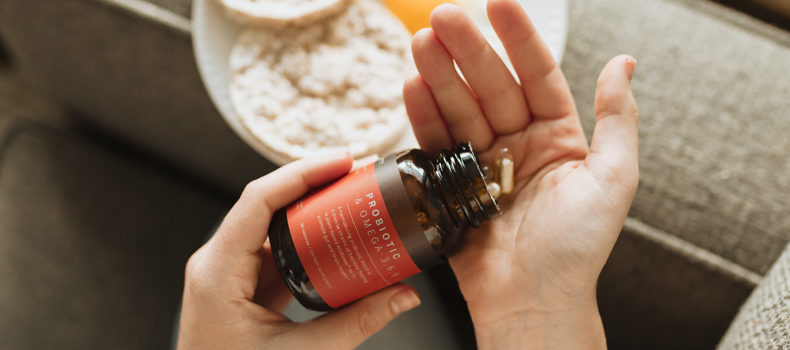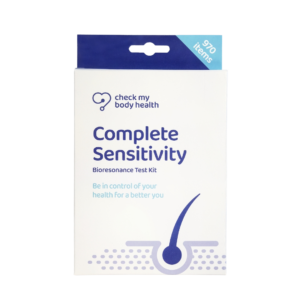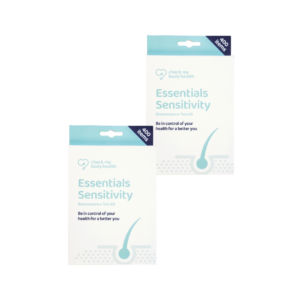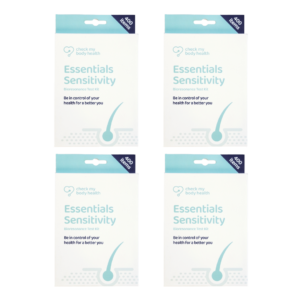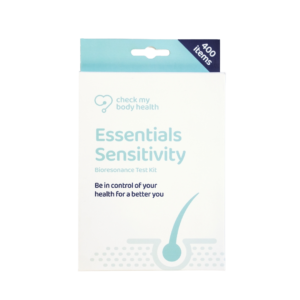Published Mar 15, 2021
Explore the differences between probiotics vs prebiotics and learn how these nutrients can keep your digestive system balanced and healthy.
It’s easy to take the gut for granted but it plays a central role in our day-to-day lives, processing the food and drink we consume every day so our bodies can build and grow and maintain themselves. It is, in effect, our very own fuel tank and a first line of defence against toxic substances. It is also a complex and sensitive organ with deep links to the rest of the body. So it makes a lot of sense to look after our guts.
In recent years probiotics and prebiotic foods have gained increasing popularity. Some people buy them to try and ease the symptoms of existing digestive problems, while others want to keep their digestive systems ticking over nicely in order to try and ward off potential problems later.
But what exactly are probiotics and prebiotics?
Gastrointestinal health depends on a healthy balance of bacteria. Not all bacteria are villains: some serve important functions such as preventing inflammation and infection.
These are sometimes referred to as ‘gut flora’. Problems ensue if the level of these resident in your body drops below a certain level, hindering biological function and allowing the less desirable kind of bacteria to proliferate. This kind of imbalance can be triggered by a poor diet containing too much fat and sugar.
Antibiotics doled out by doctors for infection also kill off plenty of gut flora – zapping bacteria is what they are designed to do, after all.
The word ‘probiotics’ is derived from the Greek word biōtikós, meaning living. These foods – most commonly yoghurt – contain live gut flora which, once eaten, will boost the population in your digestive system.
Meanwhile probiotic foods have the same aim but take a different approach: these plant fibres which serve as nutrients for the good flora, stimulating growth.
Log onto your favourite health retailer or visit a health food shop and you will find no shortage of probiotic and prebiotic supplements, and these can be effective for many people: although it is important to read the label to ensure they will supply the right kinds of probiotic. Buy the best quality you can afford and ask your doctor or nutritionist for advice.
But supplements are not the only way. Instead simply try eating more of the many foods rich in these substances. Here are some of the best choices.
The best probiotics and prebiotics
For the best probiotics, try:
- Live yoghurt – avoid the flavoured varieties which can be high in sugar and opt for plain Greek-style yoghurt.
- Pickled vegetables – these must be unpasteurised.
- Kefir (fermented milk)
- Kimchi (Korean-style salted and fermented vegetables)
- Kombucha (a fermented tea-based drink)
- Sauerkraut
In general, probiotic foods should be refrigerated. If they are not kept chilled, those valuable live bacteria will die off.
Meanwhile, many vegetables have prebiotic qualities. Some of the best prebiotics include:
- Onions
- Garlic
- Oats
- Beans
- Peas and other legumes
- Asparagus
- Artichokes
- Leeks
And then there’s fruit: apples, bananas and cherries are all potent prebiotics. Bon appetit!
A final note of caution – although generally safe, in some rare instances people with some immune system and digestive conditions may experience an adverse reaction in which overstimulated gut flora escape into the bloodstream. This can have health-damaging consequences. If in any doubt, consult a doctor.

